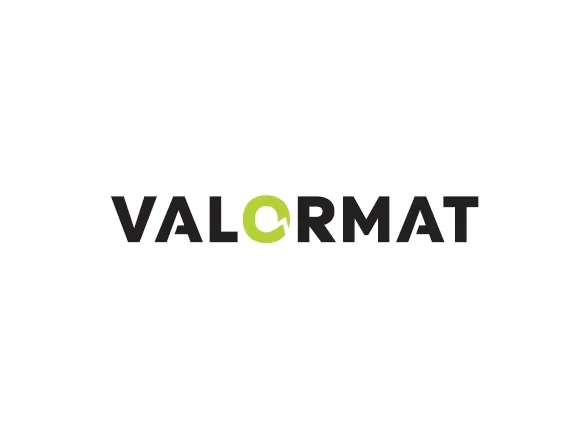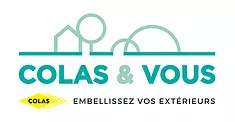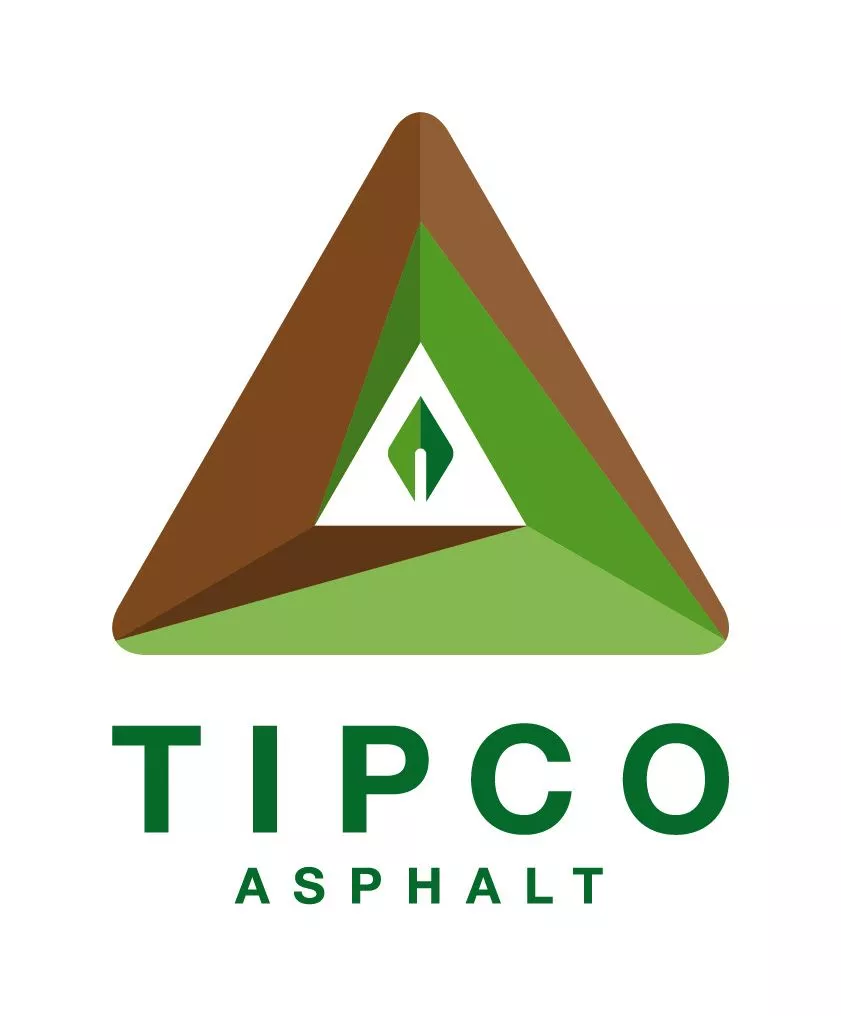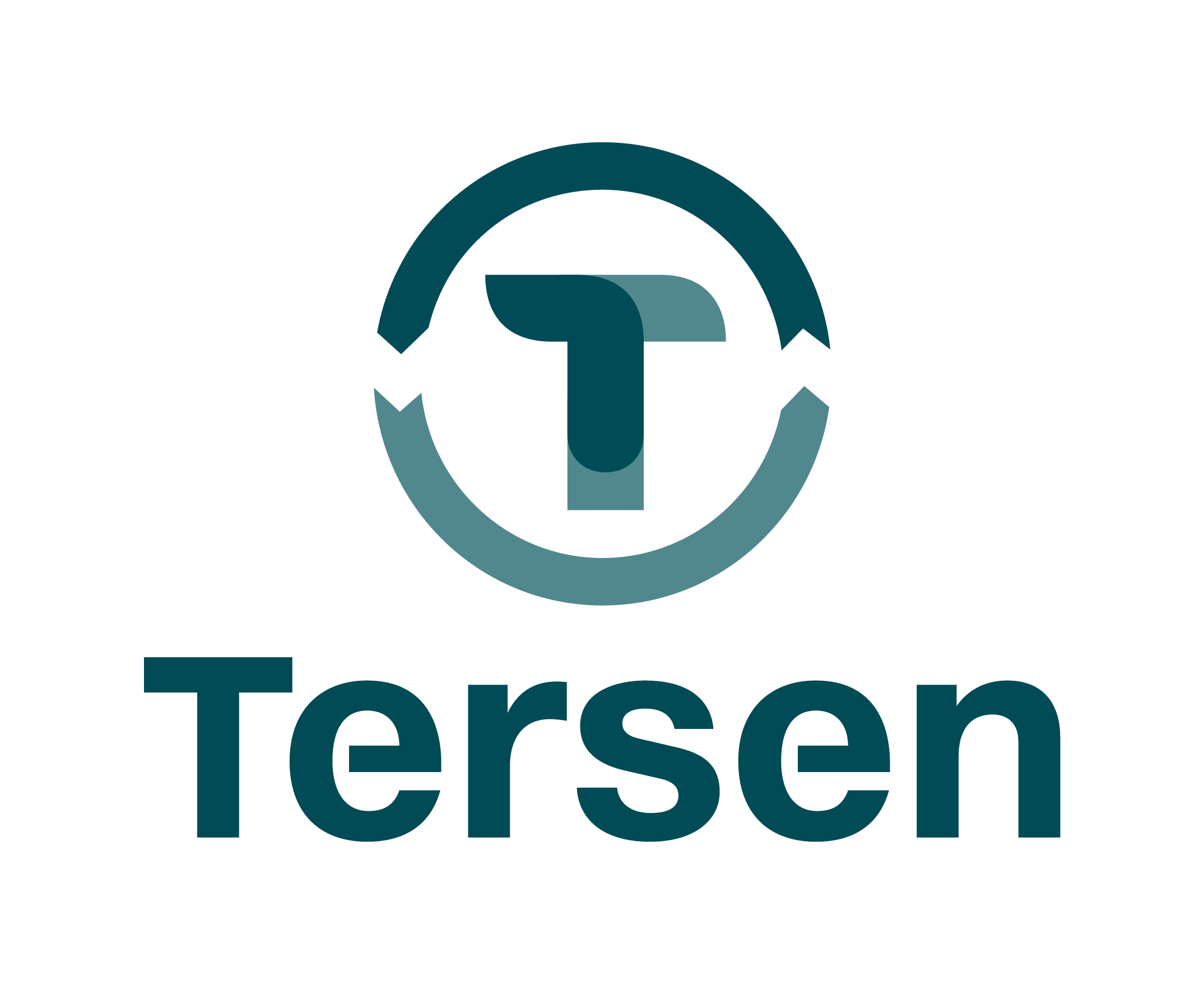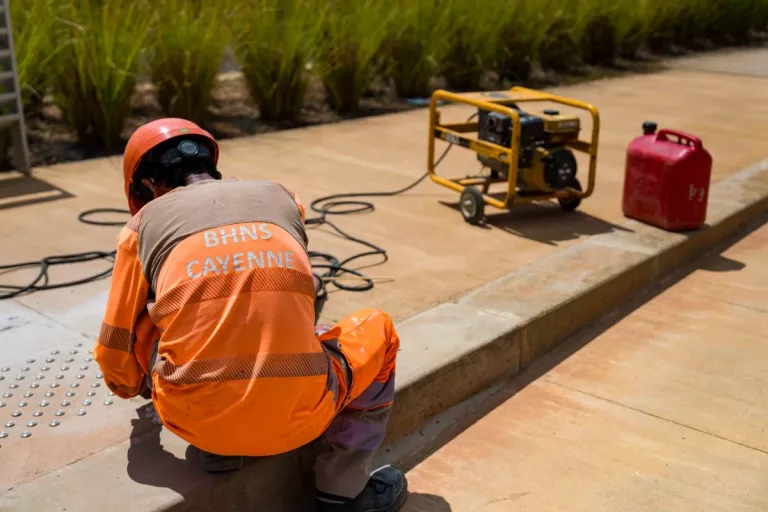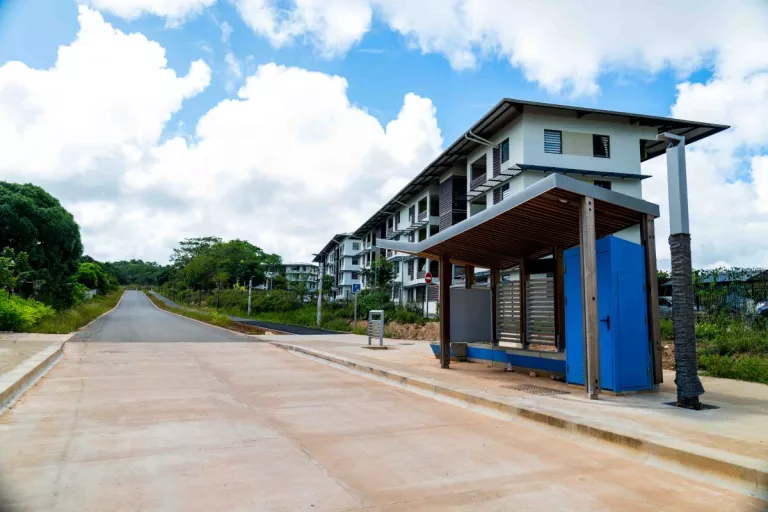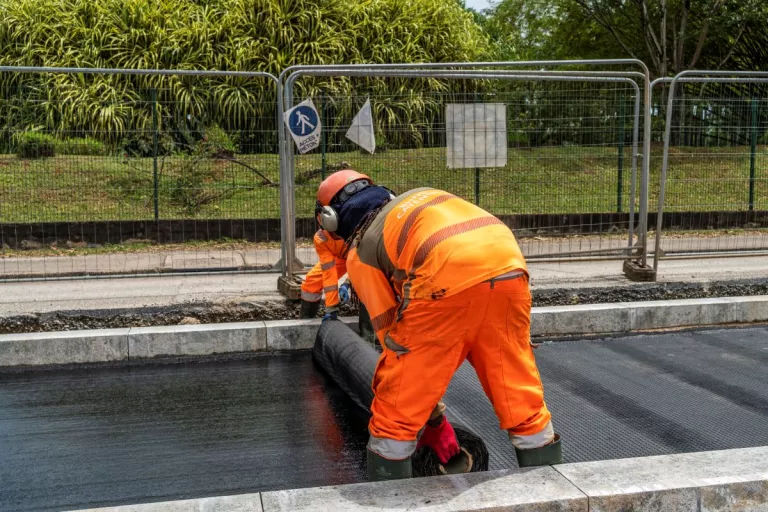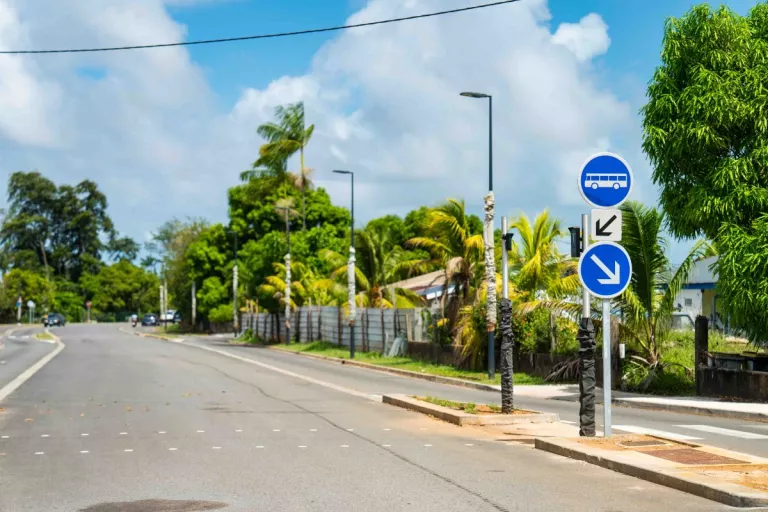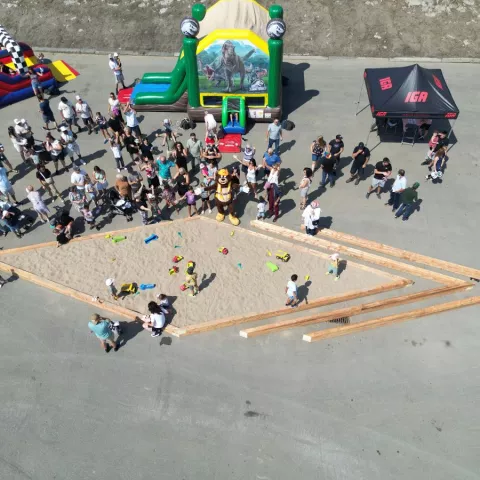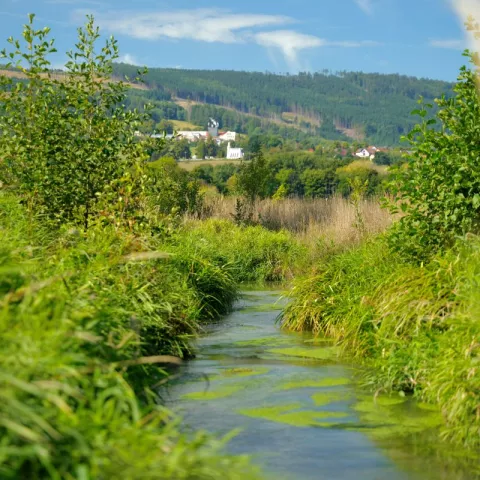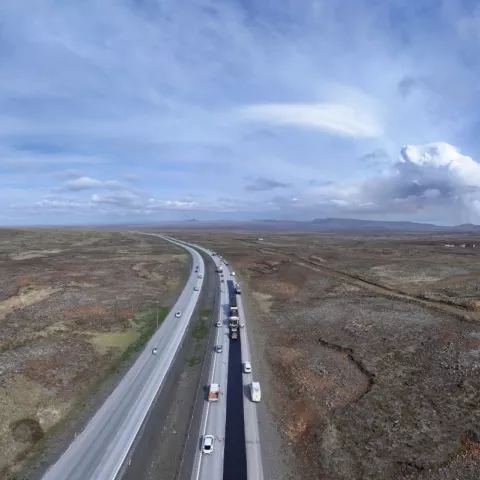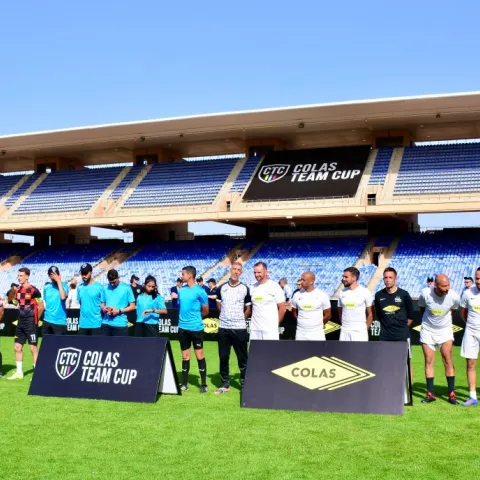The Cayenne BRT: A Key Sustainable Mobility Project for French Guiana
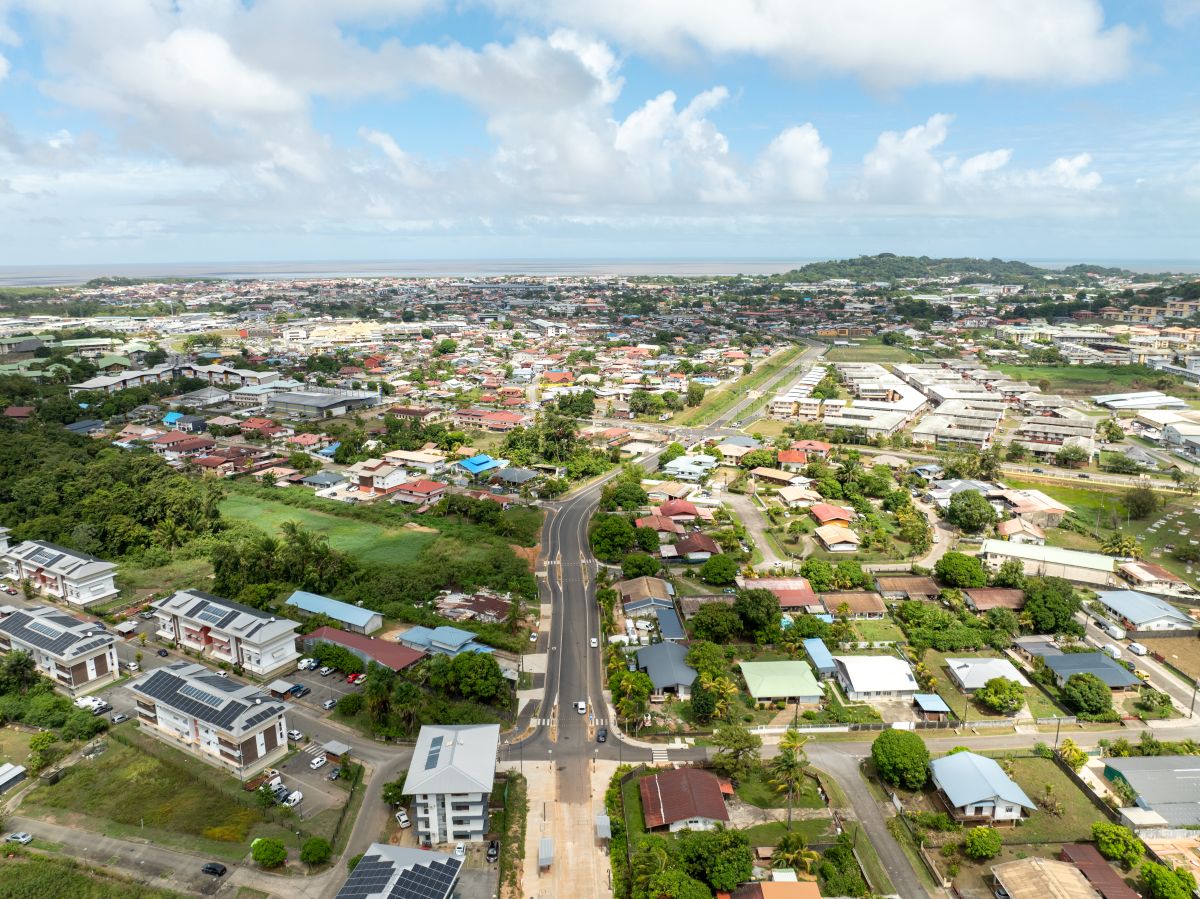
In Cayenne, a major construction project marks a key milestone for urban mobility in French Guiana. The Bus Rapid Transit (BRT) system, supported by the Communauté d’Agglomération du Centre Littoral (CACL), embodies a new vision of public transport: sustainable, inclusive, and in tune with the needs of local people. This strategic project, carried out by the IBYS consortium led by Colas, illustrates the Group's commitment to greener, more efficient mobility.
An Ambitious Public-Private Partnership
The Cayenne BRT is being constructed as part of a public-private partnership (PPP) scheduled to last 33 and a half years, covering the entire lifespan of the project: design, construction, financing, and maintenance. This model ensures constant technical and operational coherence, from the study phase through to daily operation of the network.
A Modern Network Supporting Urban Transformation
The future network will comprise:
- 2 BRT lines, covering a total of 10.1 km,
- 21 stations, serving strategic locations (Andrée-Rosemon Hospital, the University of French Guiana, etc.),
- 2 multimodal interchanges to facilitate interconnecting transport modes,
- 1 park and drive lot to promote public transportation use,
- 1 maintenance and storage center, to ensure continuity of service.
Innovating for Sustainable and Resilient Mobility
Innovation lies at the heart of Colas’ strategy for this project:
By using Colgrill, an optimized reinforced asphalt mix, savings of 6,100 metric tons of asphalt were achieved along the entire route, significantly reducing the project's carbon footprint.
The use of BIM (Building Information Modeling) resulted in the Cayenne BRT winning a national award in the “Infrastructure Projects” category. This digital twin optimizes coordination and predictive maintenance, and integrates environmental constraints right from the design phase.
A Positive Impact for the Local Economy and Urban Development
Beyond technical performance, the project is part of a strategy to boost communities: a local team will provide maintenance for 30 years, creating long-term, stable jobs. In addition, the redevelopment of surrounding areas contributes to a better quality of urban life, thanks to wider sidewalks, improved accessibility, and the greening of public spaces.
A First for Overseas France
This is the first infrastructure of its kind in overseas France, positioning Cayenne as a model of sustainable mobility for French overseas regions. For Colas, this iconic project demonstrates its ability to address the challenges of the ecological transition, drawing on its high-level technical expertise and an integrated, global approach.


